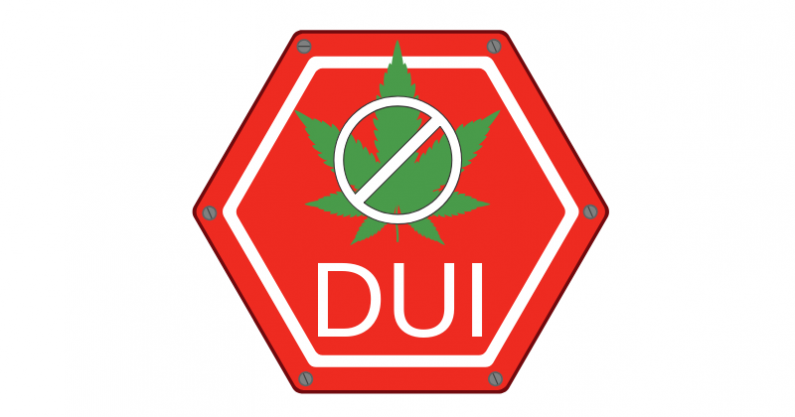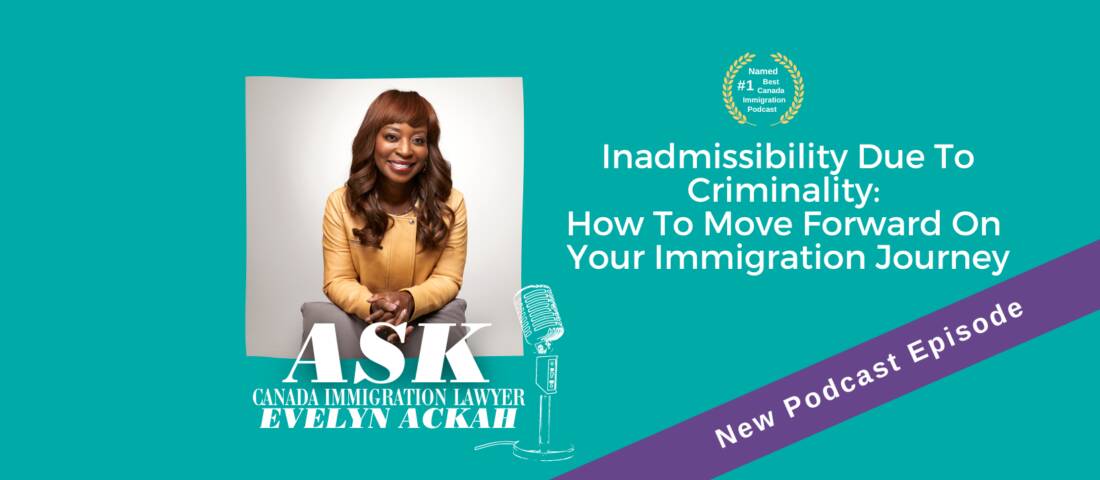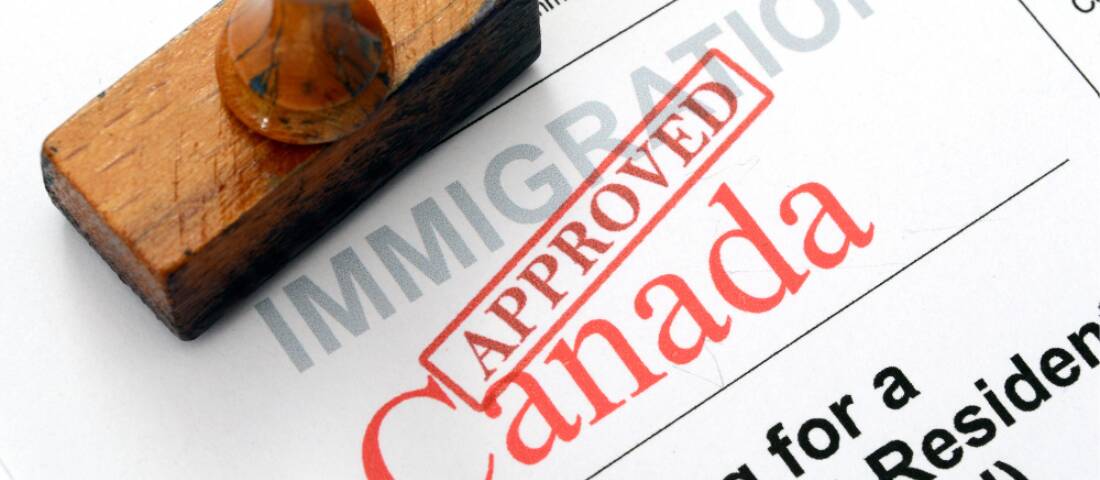Canada legalized the recreational use of cannabis in October 2018, and on December 18, 2018, Canada enacted new impaired driving penalties and the maximum penalty for most of these crimes increased to 10 years from five. This means that marijuana-related impaired driving penalties now are considered serious crimes for immigration determination purposes that can result in loss of status and deportation.
Canada's IRCC issued a notice advising immigration applicants and temporary and permanent residents that most cannabis-related crimes will have a maximum penalty of 14 years and include:
- illegally producing, distributing or selling cannabis
- illegally importing or exporting cannabis or cannabis-related products across Canada’s international borders
Cannabis-related crimes include driving while impaired, selling marijuana to someone under 18 or using a young person to commit a cannabis-related offence. If you commit a marijuana-related crime, you can be declared inadmissible to Canada for life for serious criminality and deported, whether the crime occurred in or outside of Canada:
- permanent residents could lose their status and have to leave the country
- temporary residents (including visitors, international students and foreign workers) may not be able to enter or stay in Canada
- refugee claimants may not be eligible to have their claim referred for a refugee hearing
IRCC further stated that "appeal rights for permanent residents and foreign nationals, including sponsored members of the family class, could also be affected."
What to Do If You Are Deemed Inadmissible to Canada
Canada's federal immigration law says that a permanent resident or foreign national can be deemed inadmissible to Canada for life and deported if they have been convicted of a Canadian offence punishable by up to 10 years in prison, or of an offence for which they have actually been sentenced to more than six months behind bars. These same rules apply to anyone who has committed an offence in another country if in Canada, the crime carries a penalty of up to 10 years.
If you are a temporary or permanent resident and already live in Canada and are convicted of a serious crime and deemed inadmissible, deportation proceedings may be started.
Canada immigration lawyer Evelyn Ackah explains,
Criminality and being deemed inadmissible to Canada must be taken very seriously. Our new cannabis laws mean that residents or visitors to Canada who foolishly drive while under the influence of marijuana, or commit other marijuana-related crimes, can lose their status and be deported. Permanent residents of Canada are entitled to many privileges afforded to all Canadians, but they are not citizens. Temporary residents have been granted a short defined period to live and work in Canada, and criminality can result in having that status revoked.
Permanent residents should consider if they want to become Canadian citizens and have all the rights, privileges and protections of someone born in Canada. If you are a temporary or permanent resident, or want to file an immigration application, and have been deemed inadmissible due to a crime that occurred in Canada or another country, there are steps you can take to appeal your inadmissible status and be classified as rehabilitated.
If you are refused entry to Canada due to criminal inadmissibility there are legal options to enter the country:
- Deemed Rehabilitation
If enough time has passed since all of the conditions of the sentence for the conviction were met, you may be eligible for deemed rehabilitated by Canada border officials. - Criminal Rehabilitation
If it has been at least 5 years since all penalties of your conviction have been fulfilled, or your charges have been pardoned or discharged, you can make a formal application to the Canada consulate before you try to enter Canada.
If it has been less than 5 years since the crime was committed and you have a compelling reason to visit Canada, it may be possible to get a Temporary Resident Permit that allows you to enter and remain in Canada for a short time despite your status as inadmissible.
If you have been deemed inadmissible or are not sure if you are inadmissible, it is best to have your records reviewed by someone familiar with Canada’s criminal and immigration law to guide you through this process.








